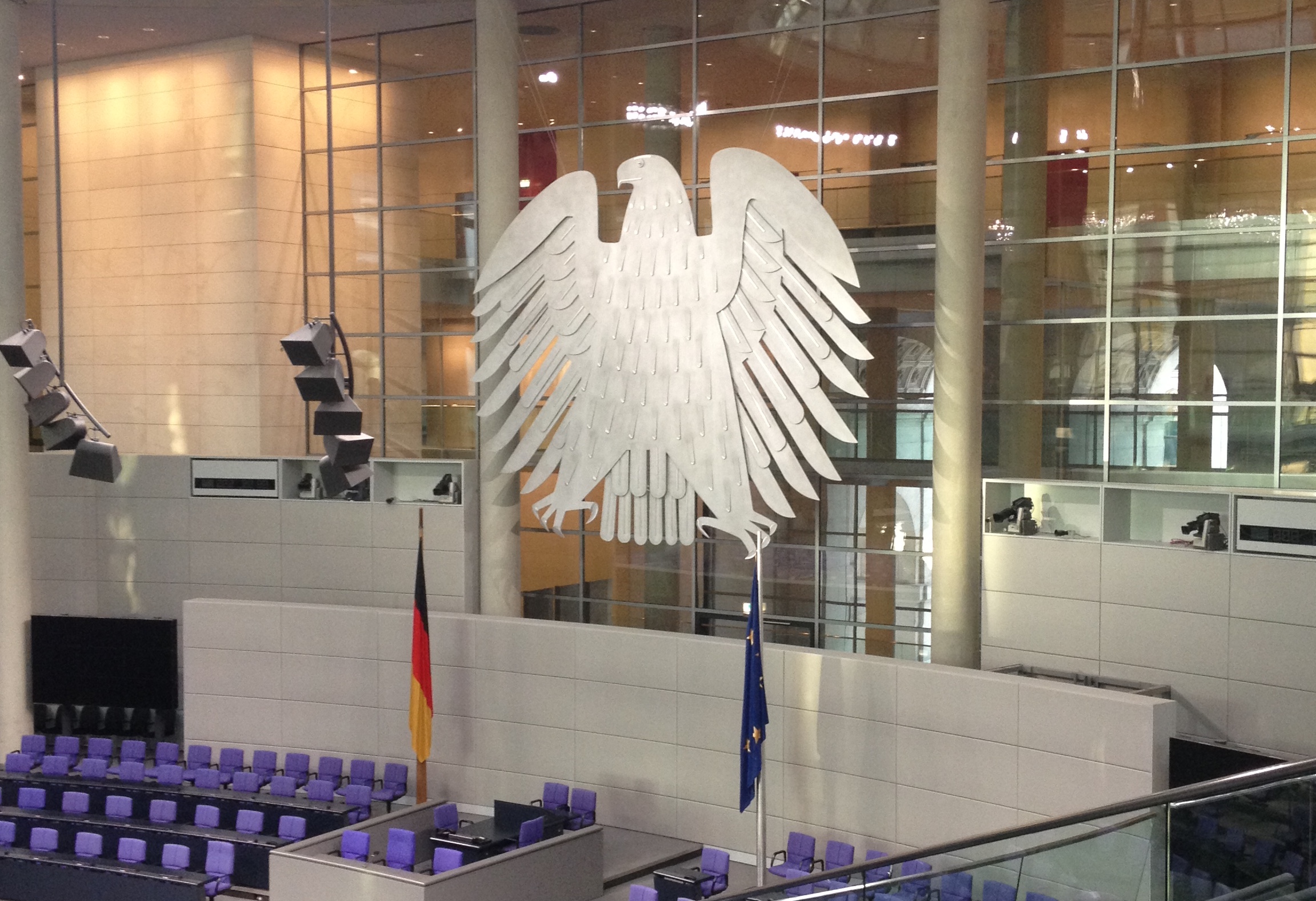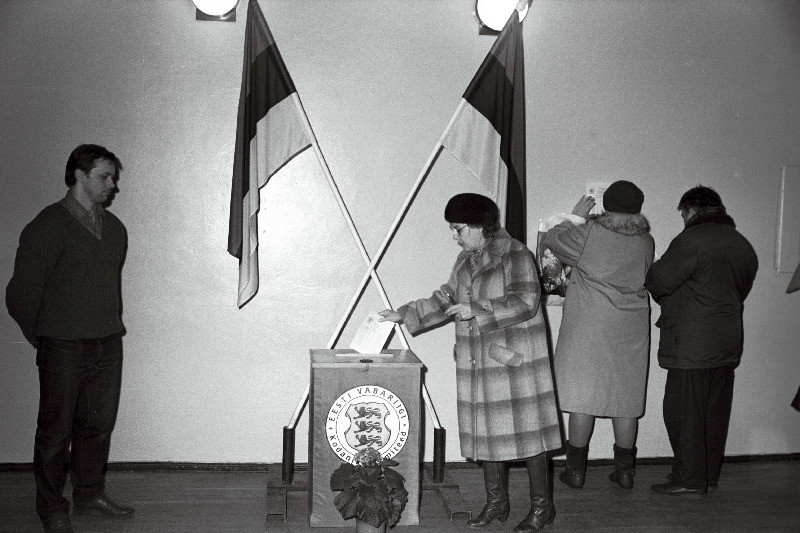
by Joshua Marsh | Apr 17, 2025 | Boston University
Firewalls and regional equivalents to it have recently come under heavy strain as nationalist far-right parties have found themselves relative electoral success in the past two years in Central and Western Europe. As it is used in the non-technological setting, the...

by Brian Farrell Wiggins | Apr 9, 2025 | Tartu University
On the 26 of March, the Estonian parliament (the Riigikogu) passed a constitutional amendment to remove the rights to vote in local elections for non-EU residents (Kangro, 2025). This was sparked by a motivation to disenfranchise residents who are citizens of the...
by Brendan Strok | Oct 14, 2022 | Ohio State University
Since the fall of communism in Poland in 1989, no single party has won an outright majority of seats in parliamentary elections – until the PiS (Law and Justice) Party became the first in 2015. With the presidency occupied by fellow PiS member Andrzej Duda, the...
by Pauline Lutzenkirchen | Oct 13, 2022 | Boston University
The barbaric war in Ukraine seems to have a silver lining – the Russian aggressor has become a catalyst for European states to reevaluate their democratic standing and commitment to EU values. Russia’s ideological reversal provides insights into the strength of...
by Maymuna Elmi | Feb 26, 2022 | University of Chicago
Emerging evidence shows that populist support in Europe may be waning. A YouGov survey found that fewer people agree with targeted statements meant to measure populist beliefs [1]. Populism, according to Cinar and other researchers [2], is a belief system which...




